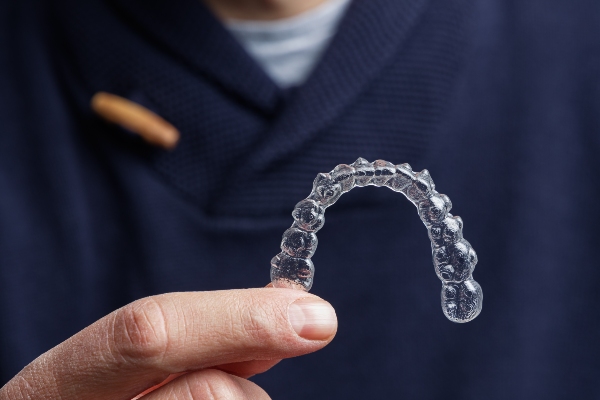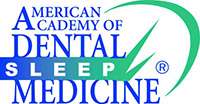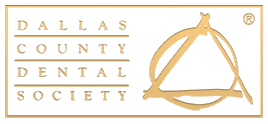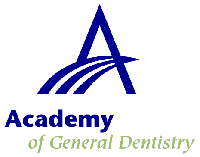Extra Infection Control Precautions for Dental Offices During Coronavirus Disease
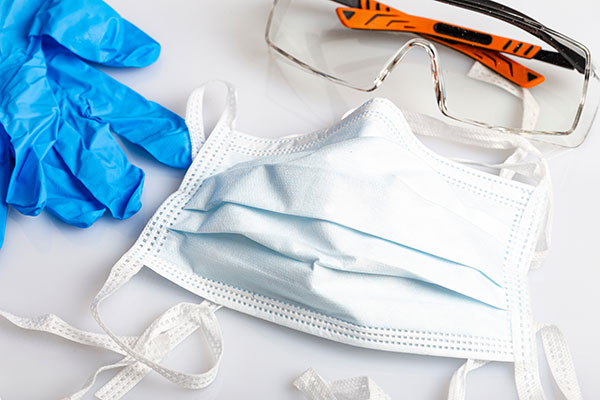
Dental professionals need to take extra infection control precautions to prevent the transmission of coronavirus. The staff in dental offices are at high risk of COVID-19 infection due to physical interaction and exposure to blood, saliva and other body fluids, as well as the handling of sharp dental tools. This article focuses on the infection control precautions that dental offices are taking to mitigate the spread of coronavirus.
Infection control precautions for dental offices
To effectively control infection, dental offices need to identify patients with coronavirus and adopt extra protective measures. The precautions are important because aerosols and droplets are regarded as the main ways for the spread of COVID-19.
Mouth rinse before dental procedures
The dental professional usually provide antimicrobial mouth rinse to reduce the count of oral microbes. Since the coronavirus is vulnerable to oxidation, it is advisable to use a mouth rinse containing oxidative agents such as 0.2% povidone or 1% hydrogen peroxide. The preprocedural mouth rinse is practical when a rubber dam is not usable.
Anti-retraction handpiece
A high-speed hand tool without anti-retraction valves can aspirate and eject the debris and fluids during dental procedures. Essentially, the microbes, including viruses and bacteria, will cause further contamination of air and water tubes inside the dental office, therefore causing potential cross-infection. An anti-retraction high-speed dental tool can drastically minimize the backflow of oral bacteria and viruses into the tubes of the hand tool and dental device, compared to a handheld device without anti-retraction function. The use of specially designed anti-retractive valves or other anti-reflux mechanisms is an extra infection control precaution for dental offices.
Management of medical wastes
Medical wastes, including every disposable dental tool and protective equipment after use, are moved to the temporary storage area of the dental office as soon as possible. Reusable instruments and items will be pretreated, clean, sterilized and stored accordingly. Any medical or domestic waste resulting from the treatment of patients with suspected or confirmed cases of COVID-19 is treated as infectious medical waste. They will be stored in a double-layer medical waste package, labeled and disposed of according to CDC guidelines.
Other extra precautions include:
- Dental professionals will use recommended personal protective equipment (PPE), including gloves, gown, eye protection and respiratory protection
- They will use powered air-purifying respirators for aerosol-producing treatments: Aside from providing better respiratory protection than N95 face masks, they also have the extra benefits of an inbuilt face shield
- Dental professionals will prioritize non-aerosol generating treatments to ensure better management of emergency procedures when possible
- To reduce the risks of exposure, only essential staff will stay in the room when a treatment that is likely to generate aerosols is ongoing
- There will be increased screenings for potential COVID-19 patients
- There will be increased intervals between dental appointments and patients to reduce cross-infection
- There will be effective and strict disinfection protocols
In conclusion
These times call for extra precautions, especially in terms of infection control. Patients with dental emergencies can visit the dental office knowing that dental professionals have taken necessary measures to prevent transmission of infection.
Request an appointment here: https://stonecanyondental.com or call Stone Canyon Dental at (972) 226-6655 for an appointment in our Sunnyvale office.
Check out what others are saying about our services on Yelp: Read our Yelp reviews.
Recent Posts
Getting a dental crown is a seamless procedure that is done in dental offices every day. There are various reasons to get a dental crown, which will play a role in how the process goes. For example, for those getting a crown to finish the tooth replacement process after an implant has been inserted, the…
If a patient suffers from misaligned teeth or a misaligned bite, Invisalign® clear aligners might be the solution they need to ensure their smiles stay bright – and straight! As one of the most trusted clear aligner systems will help straighten teeth and correct the bite without wires and brackets, meaning that patients can smile…
Your dentist may recommend a dental bridge if your case needs it. Every patient has a different set of needs. Proper assessment allows the dentist to suggest the right dental replacement. Here are the details on when a dental bridge may become your dentist’s recommendation.Dentists often encourage their patients to stop consuming tobacco. Following this…
When it comes to replacing missing teeth, dental bridges are a popular and reliable option that offers versatility by restoring one to four missing teeth in a row. Along with restoring a smile by replacing missing teeth, a dental bridge offers multiple benefits to one's oral health while addressing several issues simultaneously.Tooth loss can occur…


